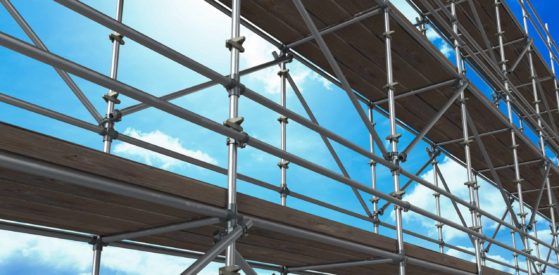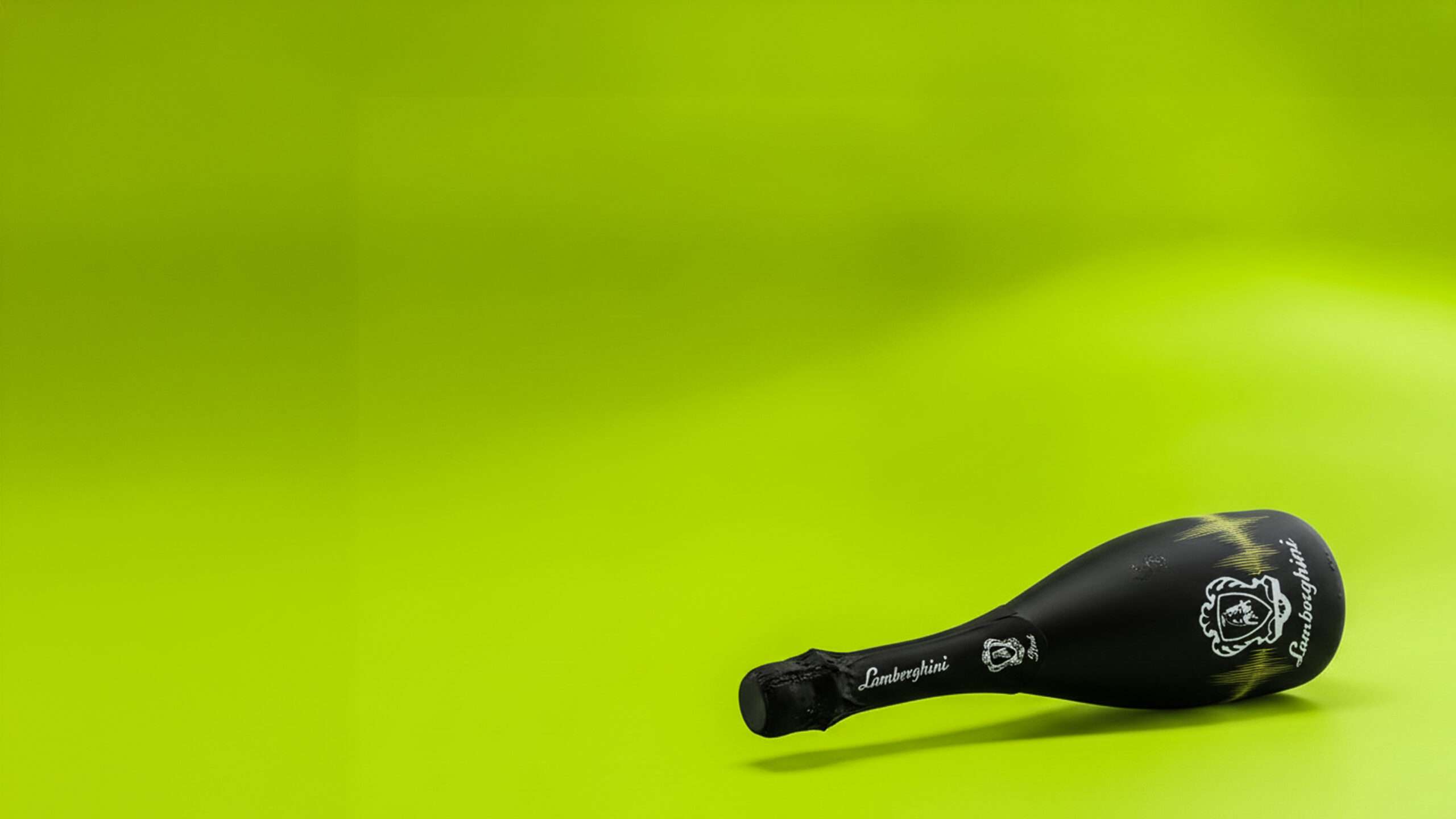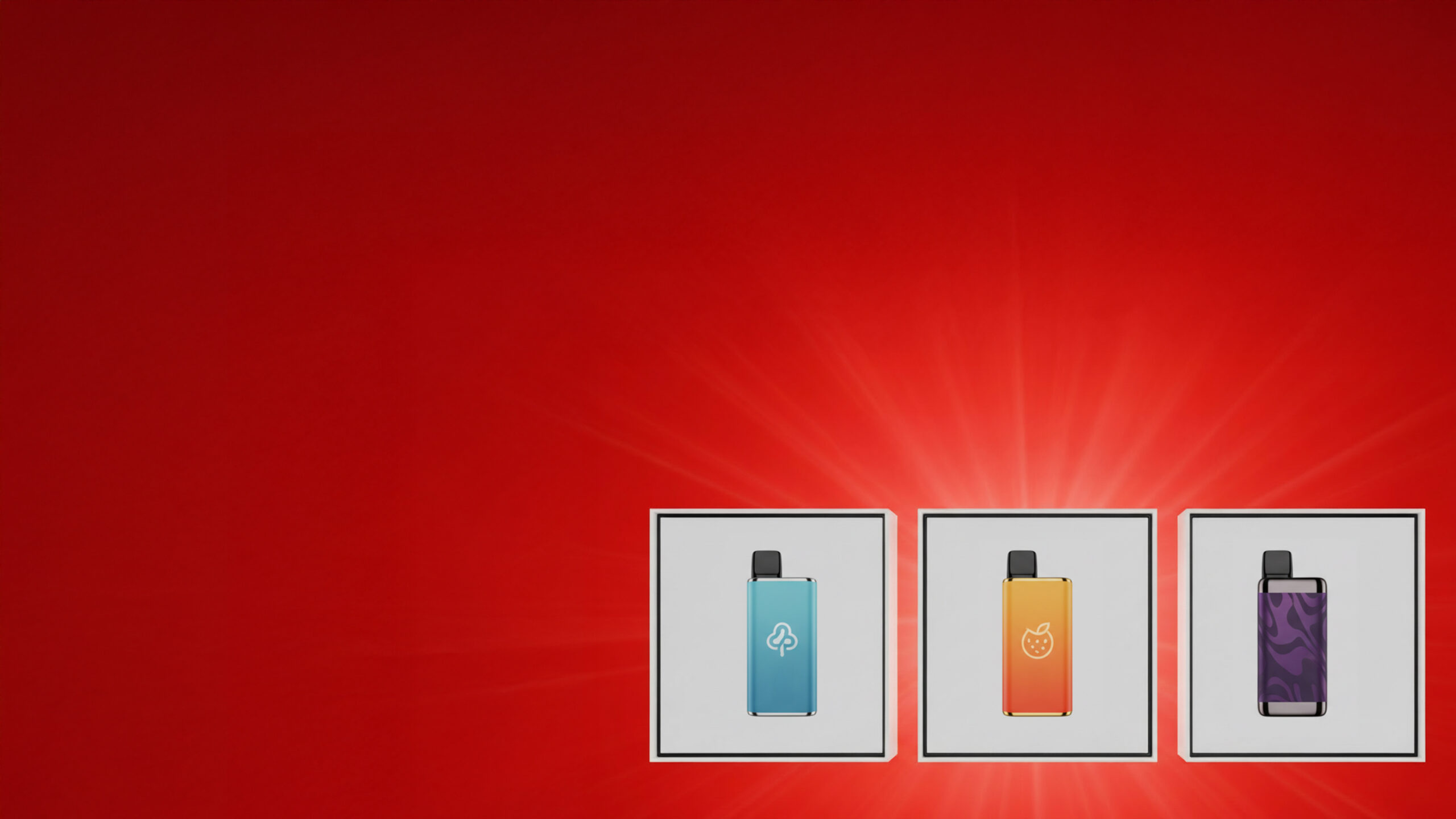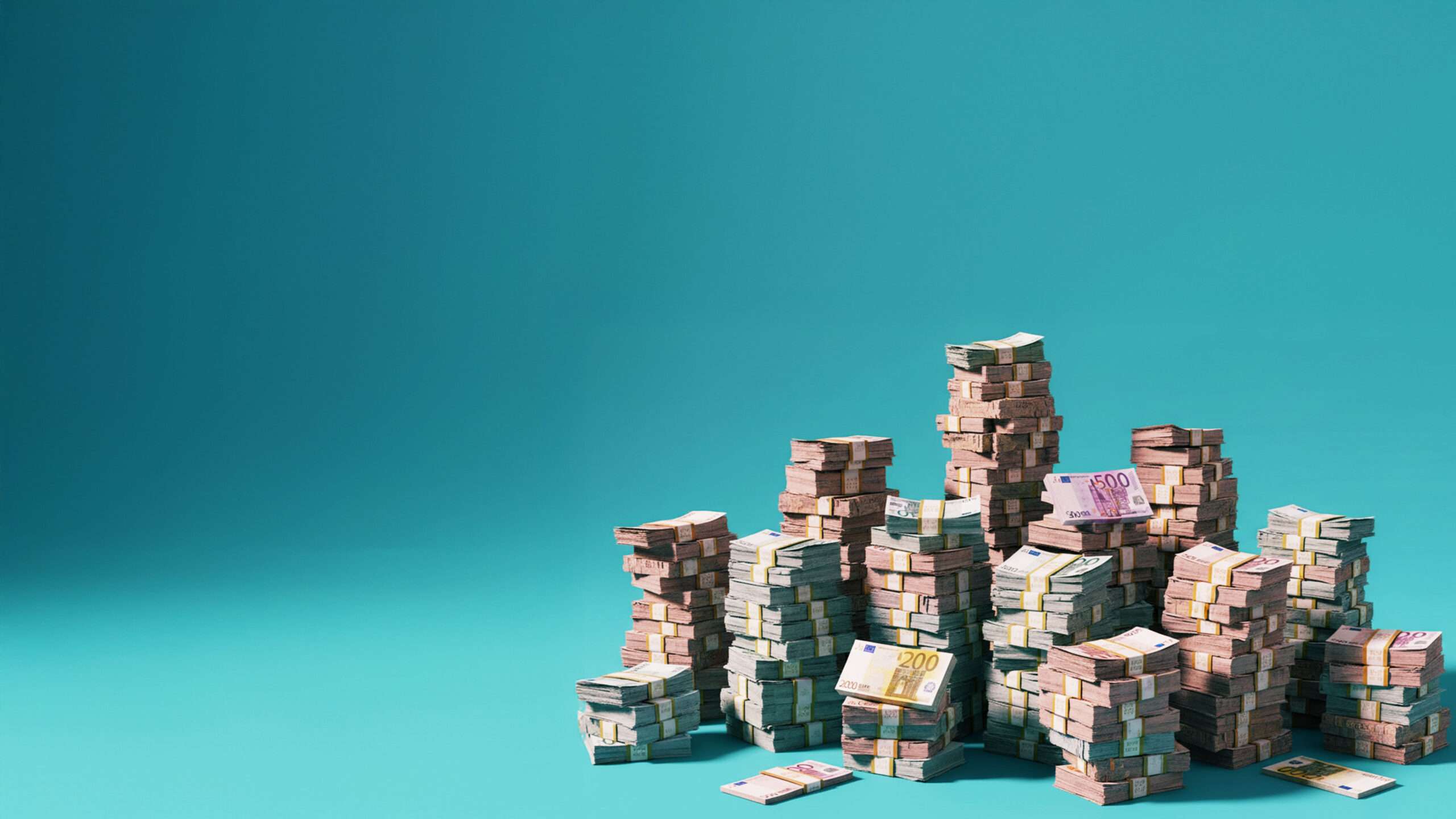In a dispute between two scaffolding manufacturers over the use of the “Layher” trademark, Layher has been awarded 5% damages. After proceedings up to the Federal Court of Justice, the Higher Regional Court of Stuttgart confirms its previous judgment with new grounds.
The scaffolding manufacturer Peralta, which we represented, advertised on its envelopes with:
Layher SpeedyScaf 70 S can be mixed with Peralta scaffolding components with mixing approval.
The Layher lettering was highlighted graphically. The Peralta price list it contained also referred to the fact that Layher scaffolding was actually approved for mixing with Peralta scaffolding. There, too, the term Layher was highlighted in a different color from the rest of the statement. The trademark “Layher” was therefore only used in advertising in connection with the mixing approval. Peralta goods were never labeled with “Layher”.

The company Wilhelm Layher GmbH & Co KG, which is one of the largest scaffolding manufacturers in Germany, considered the advertising to be an infringement of its laws on the trademark “Layher”.
After claims for injunctive relief were settled out of court, the parties subsequently disputed the claims for information and damages. Peralta was subsequently ordered by the Regional Court of Stuttgart to provide information and render accounts. Peralta then provided comprehensive information.
After the information was provided, the parties argued about the amount of compensation. Layher demanded 8% of net sales, which Peralta considered to be excessive. Layher justified this primarily with the reputation of the “Layher” trademark.
Proceedings before the Stuttgart Regional Court
The Regional Court of Stuttgart (Judgment of 14.01.2020 – Ref. 17 O 607/19 ) ruled in favor of Layher and ordered Peralta to pay damages amounting to 8% of net sales.
In the absence of other suitable connecting factors, it is obvious that, even in the case of advertising infringing the trademark, the parties would have based the license fee on the sales generated in
the advertising period. A different basis of assessment, which is based on the causality of the individual advertising letter for an order, is
not practicable, so that reasonable parties would have used the sales achieved in the absence of other reliable starting points. This applies in any case in cases in which the infringing advertising seriously impairs the interests of the trademark owner, as is the case here.
Proceedings before the OLG Stuttgart
Peralta appealed against the ruling to the Stuttgart Higher Regional Court. In particular, as Peralta’s overall return on sales was only around 5%, the 8% was clearly excessive.
The OLG Stuttgart (Judgment of 14.01.2021 – Ref. 2U 34/20 ) partially upheld the appeal and reduced the damages to 5% instead of 8% according to the license analogy.
In Peralta’s favor, it had to be taken into account that Peralta had not copied or distributed any third-party products, but had merely used Layher’s trademark in its advertising to create a likelihood of confusion.
The case is different from a trademark infringement, which occurs when the infringer’s trademark is affixed to the product. If Peralta had offered or sold scaffolding systems bearing the trademark “Layher”, there would be no question that
every product bearing this trademark would count towards the turnover from which the license fee is to be calculated
. However, if the scaffolding components themselves are not marked with the trademark, but the trademark was “only” used in advertising, it must be taken into account
that the calculation on the basis of a sales license leads to all scaffolding components sold by Peralta in the period in question being taken as turnover, not just those sold on the basis of the advertising at issue.
In the case of this type of trademark infringement, it is therefore particularly significant that only a small percentage of Peralta’s turnover in the period in question was based on the
advertising at issue. This should be taken into account in the assessment of the amount of the fictitious license rate, which is based on the total turnover achieved with the advertised scaffolding components.
BGH on damages for purely advertising use
Peralta appealed against the judgment of the Higher Regional Court of Stuttgart to the Federal Court of Justice, as a turnover-based license is not appropriate in this case, but rather a fictitious blanket license, as no economically reasonable party would link a trademark license for use in advertising to the turnover achieved with it.
Layher, for its part, lodged a cross-appeal. It challenged the judgment of the Higher Regional Court of Stuttgart by arguing that a reduction in the license for use in advertising could not be justified by the fact that only a small part of the turnover was based on the trademark infringement.
The BGH (Judgment of 22.09.2021 Ref. I ZR 20/21 ) ruled in favor of Layher and granted the cross-appeal and referred the case back to the Higher Regional Court of Stuttgart.
If a sign is used solely in advertising in violation of trademark law, this does not exclude from the outset the possibility of calculating the claim for damages within the framework of the license analogy on the basis of a sales license. The choice of the basis for calculation is primarily a matter for the court of fact.
When calculating the claim for damages on the basis of a sales license, a license reduction in the case of a trademark infringement only in advertising cannot be justified by the fact that it is based on a turnover that is only based to a small extent on the trademark infringement. However, the fact that the trademark infringement is limited to advertising could be taken into account to reduce the license due to the possibly lower intensity of the trademark infringement.
OLG Stuttgart maintains 5% compensation for Layher
Following rejection, Layher sought to have the OLG increase the damages to the originally requested 8% of net sales. Peralta’s advertising had been particularly damaging, which is why there was no reason to reduce the license solely because of “only” advertising use.
The Higher Regional Court of Stuttgart did not share this view with the defendant represented by us and, in its judgment of 12.01.2023, maintained its assessment from its previous judgment, this time only with a different justification.
According to the BGH, the fact that the license fee is linked to a turnover that is only based to a small extent on the trademark infringement should not be taken into account to reduce the license fee. However, as the BGH explained, the mere fact that the trademark was used exclusively in advertising and not at the same time in product labeling could in itself have a license-reducing significance. The latter would only not apply
if the significance of the advertising on the market for scaffolding components argued against a lower intensity of the infringing act. However, this was not the case.
Conclusion
We maintain our view that in the case of purely advertising use of another’s trademark, a blanket license or unit license would be more appropriate for calculating damages. However, important findings can be derived from the decisions to the contrary for claims for trademark infringement in advertising alone.
In principle, in the event of a trademark infringement exclusively in advertising, damages can be calculated on the basis of the advertiser’s turnover.
The mere fact that the use is solely for advertising purposes may reduce the license fee, unless there are special circumstances which the rights holder must explain.






